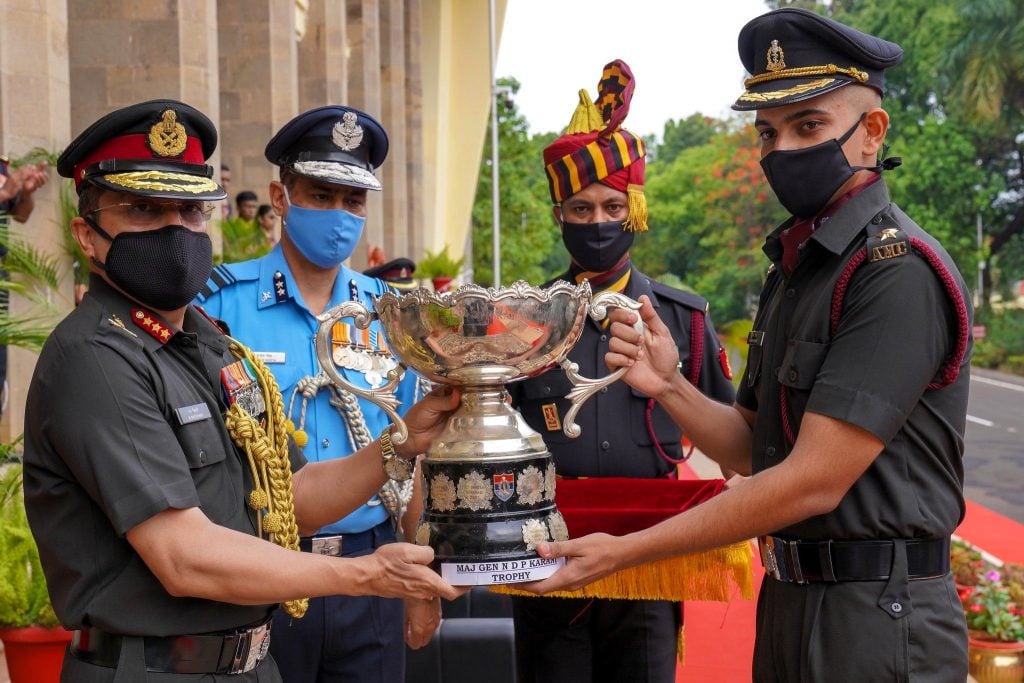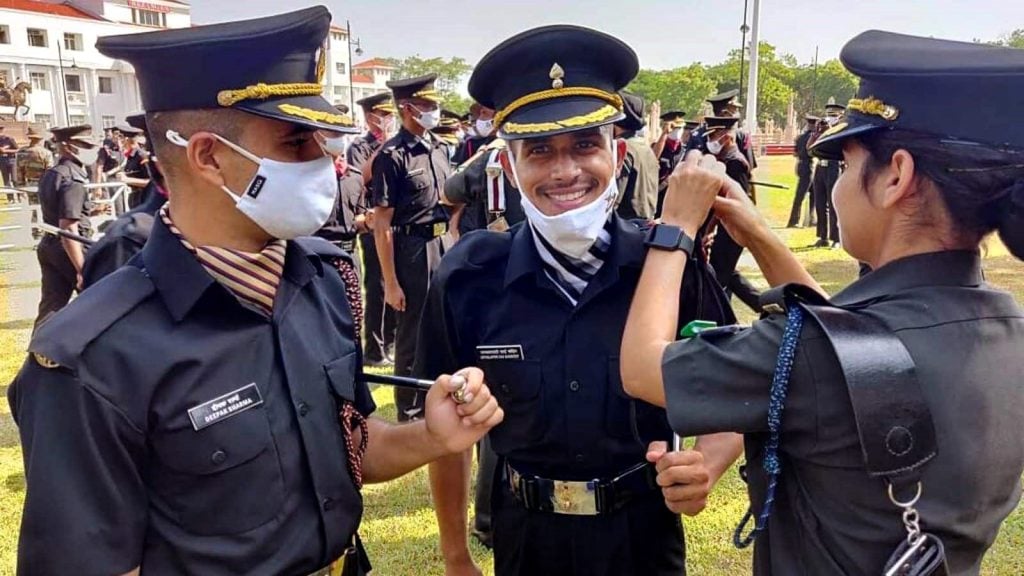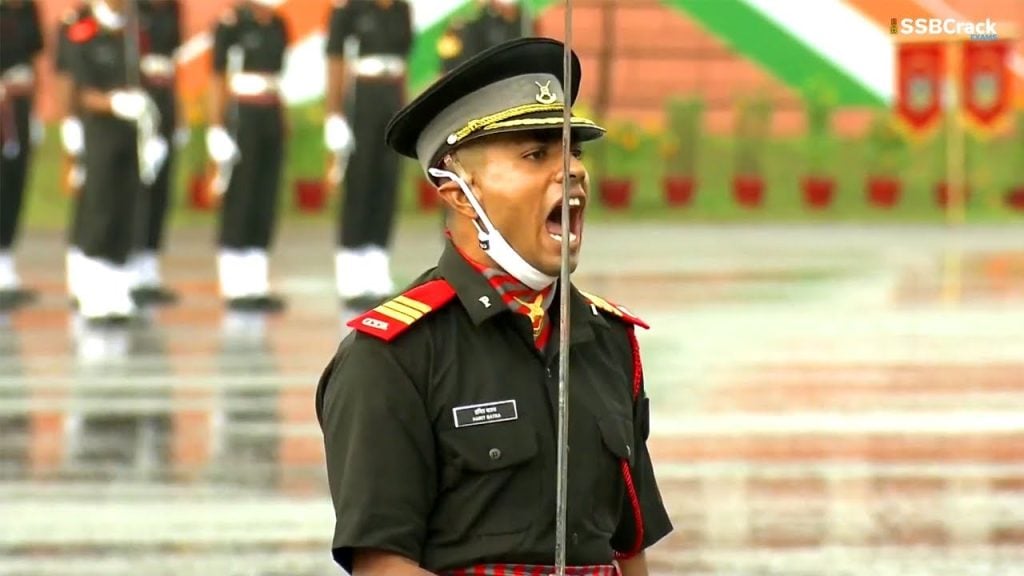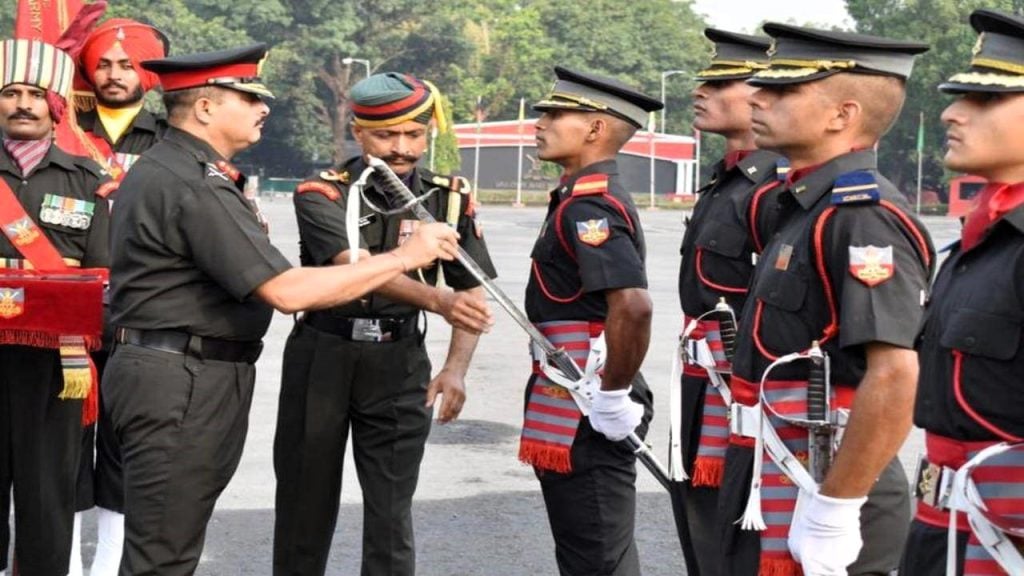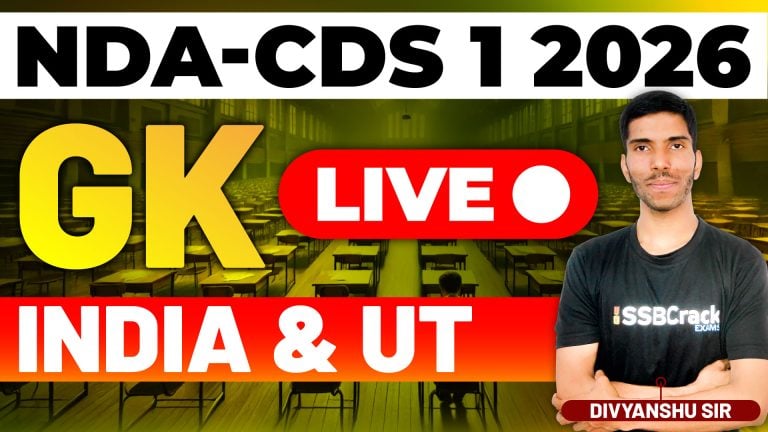The Combined Defence Services (CDS) Examination stands as one of the most prestigious assessments for aspirants looking to join the Indian Armed Forces. Conducted by the Union Public Service Commission (UPSC), this examination tests the mettle of candidates aiming for officer positions across various military academies.
With the CDS 1 2024 exam scheduled for April 21, 2024, it’s essential for candidates to equip themselves with effective strategies and insights to enhance their chances of success. This comprehensive guide will delve into the various facets of preparing for the CDS exam, ensuring that you are well-prepared to crack the exam on your first attempt.
Also Read | CDS Selection Process 2025, Written Exam and Interview
Understanding the CDS Examination Structure
To effectively prepare for the CDS exam, it’s crucial to grasp its structure and content. The examination comprises multiple subjects and is designed to assess candidates across various competencies.
Examination Format
The CDS exam is divided into written and interview stages. The written exam consists of three papers for candidates applying for the Indian Naval Academy (INA), Indian Military Academy (IMA), and Air Force Academy (AFA), while candidates for the Officers Training Academy (OTA) have two papers.
| Subject | Total Marks | Duration |
|---|---|---|
| English | 100 | 2 hours |
| General Knowledge | 100 | 2 hours |
| Elementary Mathematics | 100 | 2 hours |
| Total (INA/IMA/AFA) | 300 | 6 hours |
| Total (OTA) | 200 | 4 hours |
Marking Scheme
Understanding the marking scheme is pivotal. The written exam for INA, IMA, and AFA is scored out of 300 marks, while OTA candidates are evaluated out of 200 marks. Negative marking is applicable for incorrect answers, making it essential to choose answers wisely.
Crafting an Effective Study Plan
A well-structured study plan lays the foundation for successful preparation. Here’s how to create one that aligns with your goals.
Assess Your Strengths and Weaknesses
Before diving into your study plan, evaluate your proficiency in various subjects. Identify areas where you excel and those that require more attention. This self-assessment will guide your study focus.
Allocate Study Time Wisely
Devote a minimum of six to eight hours daily to your studies. Break down your study sessions into manageable chunks, ensuring you cover all subjects. Incorporate regular breaks to enhance retention and prevent burnout.
Set Achievable Goals
Establish short-term and long-term goals. For instance, aim to complete specific chapters each week and take mock tests at regular intervals to gauge your progress.
Mastering the CDS Syllabus
The CDS syllabus is extensive, and familiarity with it is crucial for effective preparation.
Breakdown of the Syllabus
The syllabus comprises various subjects, including:
- English Language: Focuses on grammar, comprehension, and vocabulary.
- General Knowledge: Encompasses current affairs, history, geography, and general science.
- Mathematics: Covers topics up to the 10th-grade level, including arithmetic, algebra, and geometry.
Prioritize Key Topics
Identify high-weightage topics within each subject and prioritize them in your study plan. This strategic focus can significantly enhance your scoring potential.
Effective Study Techniques
Implementing the right study techniques can dramatically improve your retention and understanding of the material.
Active Learning
Engage in active learning by summarizing information in your own words, teaching concepts to others, or discussing topics with peers. This approach reinforces your understanding and retention.
Utilize Diverse Resources
Incorporate a variety of study materials, including textbooks, online courses, and video lectures. This diversity will cater to different learning styles and keep your study sessions engaging.
Practice Regularly
Regular practice is vital, especially for subjects like mathematics. Solve previous years’ question papers and take mock tests to familiarize yourself with the exam format and question types.
Preparing for the SSB Interview
Success in the written exam is just one part of the journey. Candidates must also prepare for the Services Selection Board (SSB) interview, which assesses personality and leadership qualities.
Understanding the SSB Process
The SSB interview consists of two stages:
- Stage I: Includes the Officer Intelligence Rating (OIR) and Picture Perception and Description Test (PP&DT).
- Stage II: Encompasses group tasks, personal interviews, and psychological tests.
Preparation Strategies
- Stay Informed: Keep abreast of current affairs and topics related to the armed forces.
- Develop Communication Skills: Engage in discussions and practice articulating your thoughts clearly and confidently.
- Mock Interviews: Participate in mock interviews to simulate the actual experience and receive feedback.
Physical and Medical Fitness
Physical fitness is a critical component of the selection process. Candidates must meet specific medical standards and demonstrate physical endurance.
Regular Exercise Routine
Incorporate a balanced fitness regimen that includes cardiovascular exercises, strength training, and flexibility workouts. Aim for at least 30 minutes of exercise daily.
Medical Preparedness
Prior to the medical examination, ensure you undergo a thorough health checkup. Address any potential health issues and maintain a healthy lifestyle to meet the physical standards required by the armed forces.
Also Read | CDS Salary 2025, In-Hand Salary, Structure, and Allowances
Enhancing English Proficiency
Strong English skills are essential for success in the CDS exam, particularly for the English paper.
Reading Comprehension
Regularly read newspapers, magazines, and books to improve your comprehension skills. Focus on understanding context, tone, and vocabulary.
Grammar and Vocabulary
Engage in grammar exercises and vocabulary-building activities. Utilize online resources or apps to practice and track your progress.
Time Management During the Exam
Effective time management during the exam can significantly impact your performance.
Practice with Timed Mock Tests
Simulate exam conditions by taking timed mock tests. This practice will help you develop a sense of pacing and identify areas where you may need to speed up.
Prioritize Questions
During the exam, quickly assess each question and prioritize those you find easier. This strategy allows you to secure marks early on and manage your time more effectively.
Developing a Positive Mindset
A positive mindset can greatly influence your preparation and performance.
Visualization Techniques
Practice visualization techniques to imagine yourself succeeding in the exam and interview. This mental rehearsal can boost your confidence and reduce anxiety.
Stay Motivated
Surround yourself with supportive peers and mentors who encourage you throughout your preparation journey. Celebrate small milestones to maintain motivation.
Final Revision Strategies
As the exam date approaches, focus on consolidating your knowledge and addressing any lingering doubts.
Create Summary Notes
Prepare concise summary notes for each subject, highlighting key concepts and formulas. These notes will serve as quick revision tools in the days leading up to the exam.
Last-Minute Mock Tests
Take a few last-minute mock tests to assess your readiness. Analyze your performance and focus on any weak areas.
Also Read | CDS 1 2025 Notification, Age limit, Eligibility Criteria and Selection Process
Conclusion
Cracking the CDS exam on your first attempt requires dedication, strategic planning, and a positive mindset. By understanding the exam structure, crafting an effective study plan, and honing your skills, you can significantly enhance your chances of success. Remember, persistence and hard work are key elements in achieving your goal of joining the esteemed ranks of the Indian Armed Forces.
FAQs
1. What is the eligibility criteria for the CDS exam?
Candidates must hold a bachelor’s degree from a recognized university and meet age requirements specific to each academy.
2. How can I improve my mathematics skills for the CDS exam?
Regular practice, understanding fundamental concepts, and solving previous years’ question papers can help improve your mathematics skills.
3. What should I do if I struggle with time management during the exam?
Practice timed mock tests to develop a sense of pacing, and prioritize easier questions to secure marks early.
4. How important is physical fitness for the CDS selection process?
Physical fitness is crucial, as candidates must meet specific medical standards and demonstrate endurance during selection tests.

